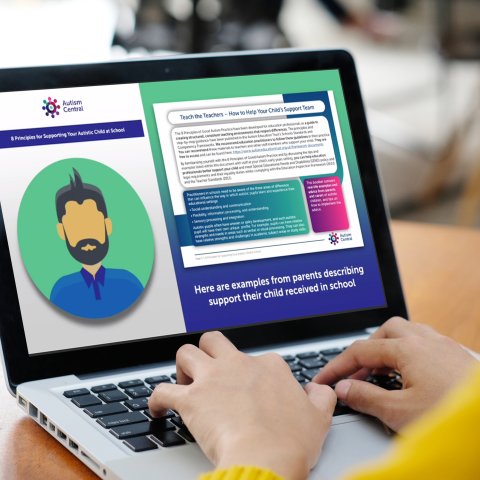Getting help at school
All autistic children should receive the right level of support at school. How children should be assessed and supported is set out in the Government’s code of practice for special educational needs and disability (SEND) for schools in England.
Special Educational Needs (SEN) support
Many children’s needs can be met directly by their school, whether that is a mainstream or special school. Schools must ensure that all work in the classroom is differentiated, which means that it should be set at an appropriate level for each child.
In addition, schools must also make ‘reasonable adjustments’ to ensure that students with special needs are not discriminated against. This could include providing extra support and aids, such as specialist teachers or equipment. Every school is required to have a special educational needs co-ordinator (SENCO), who is responsible for day-to-day SEN support and can provide more information.
Education Health and Care Plans (EHCPs)
Sometimes your child’s school may not be able to meet their needs. In that case, the local authority will be asked to issue an Education Health and Care Plan. This plan details a child’s needs, and the specialist help and provision required to meet them. Assessment for an EHCP can be requested by the child’s school or directly by parents or carers.

